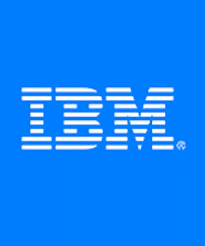The sixth course in the IBM Data Warehouse Engineer Professional Certificate, “ETL and Data Pipelines with Shell, Airflow, and Kafka,” delves into the intricacies of Extract, Transform, Load (ETL) processes. In contrast to traditional methods, this course also explores Extract, Load, and Transform (ELT) processes, specifically applied to data lakes where transformation occurs on demand by the calling application.
Throughout the course, learners are exposed to various tools and techniques integral to both ETL and ELT processes. The focus extends to understanding how data is extracted from source systems, traverses the data pipeline, and ultimately finds its place in destination systems. The course aims to highlight the distinctions between ELT and ETL processing, guiding learners to identify suitable use cases for each.
This course stands out for its practical approach to ETL and ELT processes, emphasizing the application of tools and techniques in real-world scenarios. Learners gain insights into extracting, transforming, and loading data, both logically and physically. The significance of ensuring data credibility, context, and accessibility to end-users is a recurring theme, aligning with industry best practices.
The course also places a strong emphasis on loading data into destination systems, addressing aspects such as data quality verification, monitoring for load failures, and implementing recovery mechanisms in case of unforeseen issues. The practical utility of Apache Airflow is explored for building data pipelines, providing learners with hands-on experience in this widely-used tool.
Additionally, learners delve into Apache Kafka, a robust platform for building streaming pipelines. The course covers core components of Kafka, including brokers, topics, partitions, replications, producers, and consumers. This comprehensive exploration equips learners with a holistic understanding of Kafka’s capabilities and its role in data engineering.
The culminating aspect of the course is the completion of a final project. This project serves as a practical application of the skills acquired throughout the modules, allowing learners to showcase their proficiency in designing and implementing ETL and ELT processes using tools like Shell, Airflow, and Kafka.









